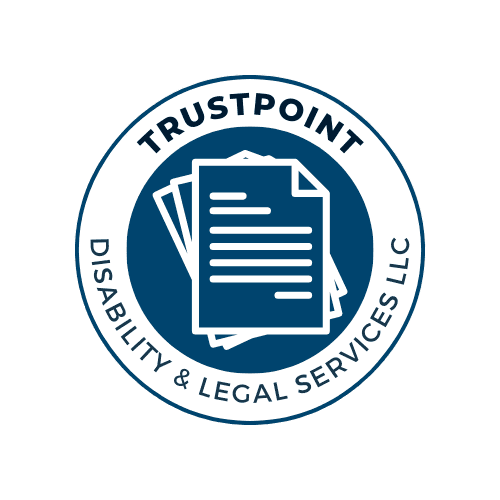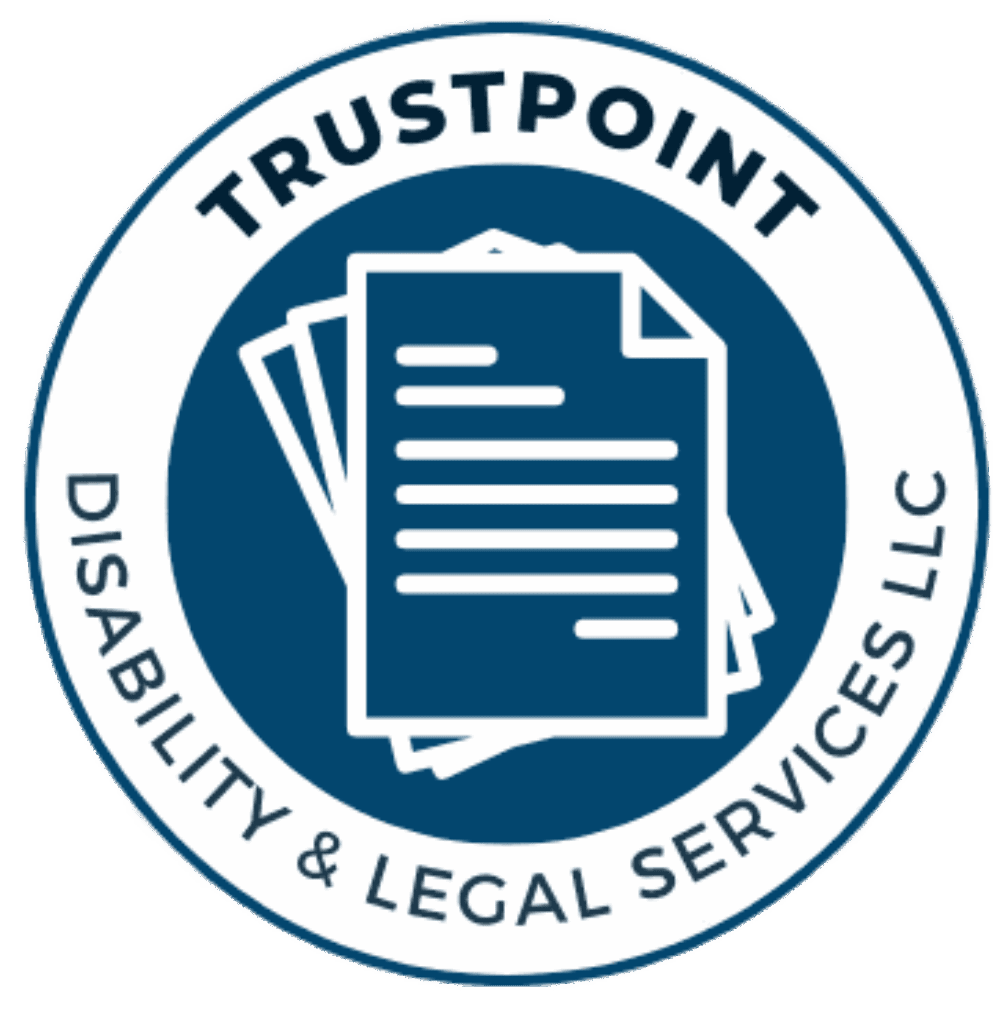
Facing eviction is one of the most stressful experiences a person or family can go through. Whether you’re a tenant being asked to leave your home or a landlord navigating complex eviction laws, the situation can quickly become confusing and overwhelming. In California, knowing your rights and options is essential—especially if you’re searching for emergency help for families getting evicted or legal assistance for eviction.
In this guide, we’ll break down the eviction process, what tenants can expect, where to get eviction self help, and how both tenants and landlords can access affordable legal support.
What Triggers an Eviction in California?
A landlord can begin the eviction process (also known as an unlawful detainer) for several reasons, including:
- Nonpayment of rent
- Violation of lease terms (e.g., unauthorized occupants, pets, property damage)
- Expired lease or end of a month-to-month rental
- Refusal to vacate after a notice to quit
- Illegal activity on the premises
Before an eviction lawsuit is filed, the landlord must serve the proper notice: typically a 3-Day Notice to Pay or Quit, a 30-Day Notice, or a 60-Day Notice depending on the reason and length of tenancy.
What Tenants Should Expect During the Eviction Process
1. Receiving the Notice
If you’re a tenant, you’ll first receive a written notice from your landlord. Pay close attention to the type of notice and the number of days listed. This is your first opportunity to resolve the issue (e.g., by paying overdue rent or fixing a lease violation).
2. Court Filing
If you don’t comply with the notice, the landlord can file an Unlawful Detainer lawsuit in court. You’ll be served with court papers and given 5 days to respond (not including weekends or court holidays).
3. Filing an Answer
This is where many tenants make a critical mistake. Failing to respond in time allows the landlord to request a default judgment and get an immediate eviction order.
If you’re facing this situation and need eviction help for tenants, a Legal Document Assistant (LDA) or a self-help center can assist you with filing your answer properly and on time.
Emergency Help for Families Getting Evicted
If you’re facing eviction and have nowhere to go, don’t wait. There are organizations throughout California—including in San Jose and Santa Clara County—that offer:
- Emergency rental assistance
- Shelter placement or transitional housing
- Utility assistance and food
- Legal guidance to stop or delay eviction
For local referrals, reach out to 211.org or your county social services office.
Legal Help with Eviction (Tenants)
- Your local Legal Aid organization
- A self-help center at your local courthouse
- An affordable Legal Document Assistant (LDA) like TrustPoint Disability & Legal Services LLC, who can help you respond to court paperwork, prepare for hearings, or file motions—at a fraction of the cost of an attorney

Eviction Self Help Options for Tenants
For those seeking eviction self help, here are a few essential resources:
TrustPoint Disability & Legal Services LLC offers flat-fee legal document preparation to help tenants defend themselves in court. Learn more.
About TrustPoint Disability & Legal Services LLC
Located in San Jose, we provide affordable legal document preparation for both tenants and landlords in Santa Clara County. If you’re searching for:
- Eviction help for tenants
- Legal help with eviction
- Eviction help for landlords
- IHSS, estate planning, or name change filings
We are here to help.
434 Blossom Hill Rd, San Jose, CA 95123
https://trustpointdisabilityandlegalservices.com
Call 408-766-3532 to schedule a consultation.

